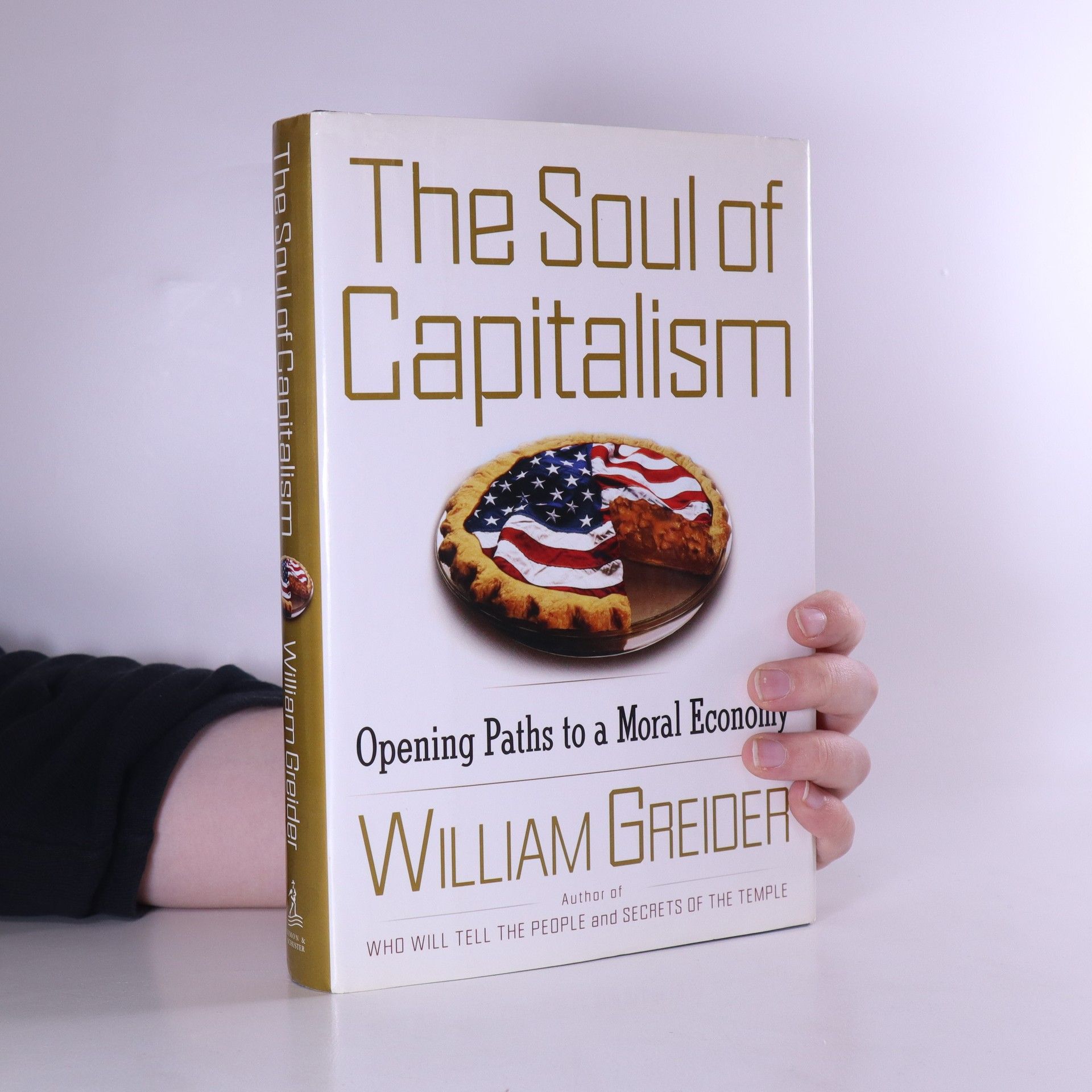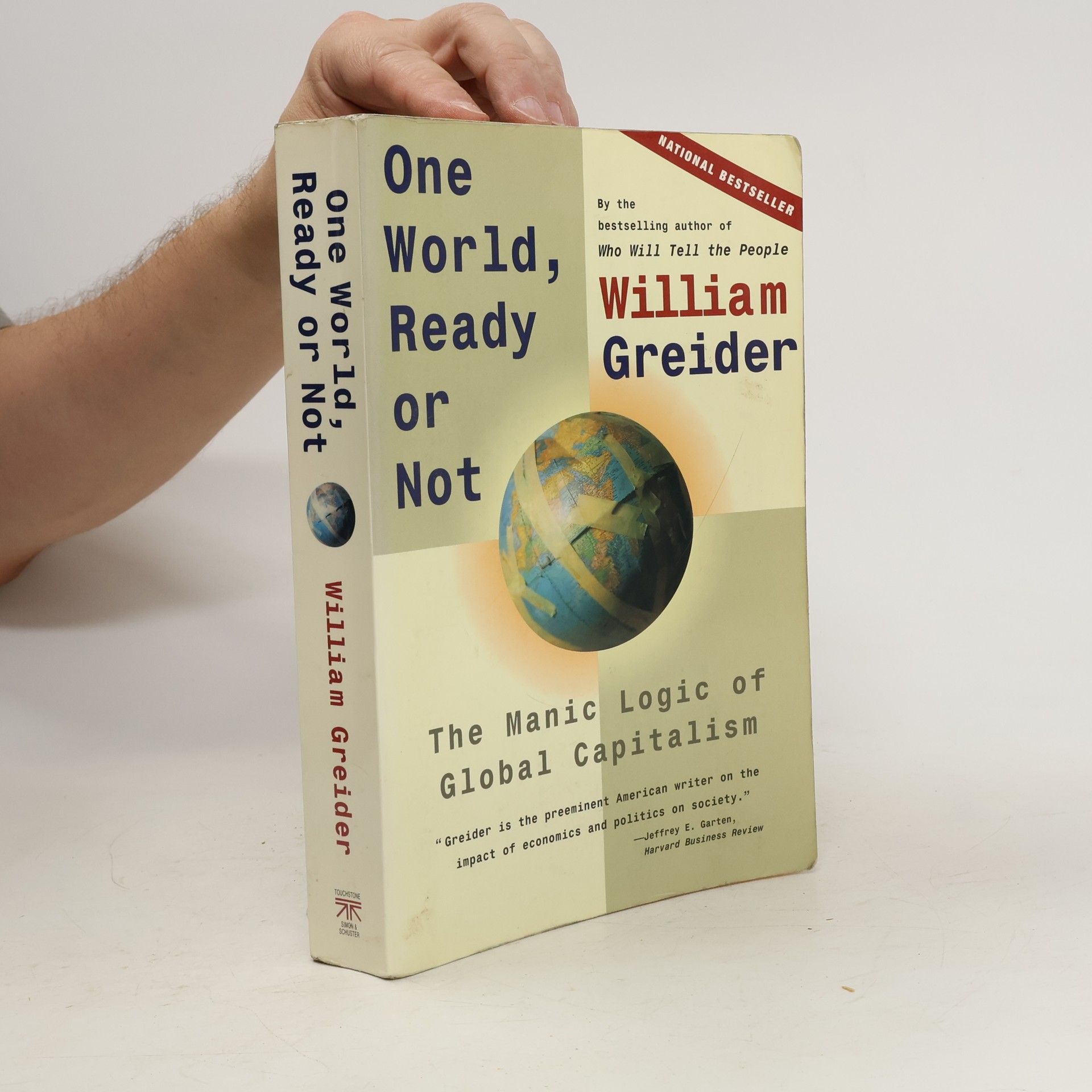William Greider Bücher




From Simon & Schuster, One World Ready or Not is William Greider's exploration of the manic logic of global capitalism.Reflecting the viewpoints of politicians, workers, CEOs, and middle managers, the author of Who Will Tell the People assesses the global economy, points to problems of unregulated capital and labor, and proposes solutions the U.S. must take to lead the world economy onwards
William Greider’s groundbreaking bestseller reveals how the mighty and mysterious Federal Reserve operates—and manipulates and the world’s economy.This ground-breaking best-seller reveals for the first time how the mighty and mysterious Federal Reserve operates—and how it manipulated and transformed both the American economy and the world's during the last eight crucial years. Based on extensive interviews with all the major players, Secrets of the Temple takes us inside the government institution that is in some ways more secretive than the CIA and more powerful than the President or Congress.
Lists recent events that identify serious flaws in American capitalism, noting the price of affluence on families and the environment, calling for a realignment of power, and sharing examples of beneficial corporate practices.